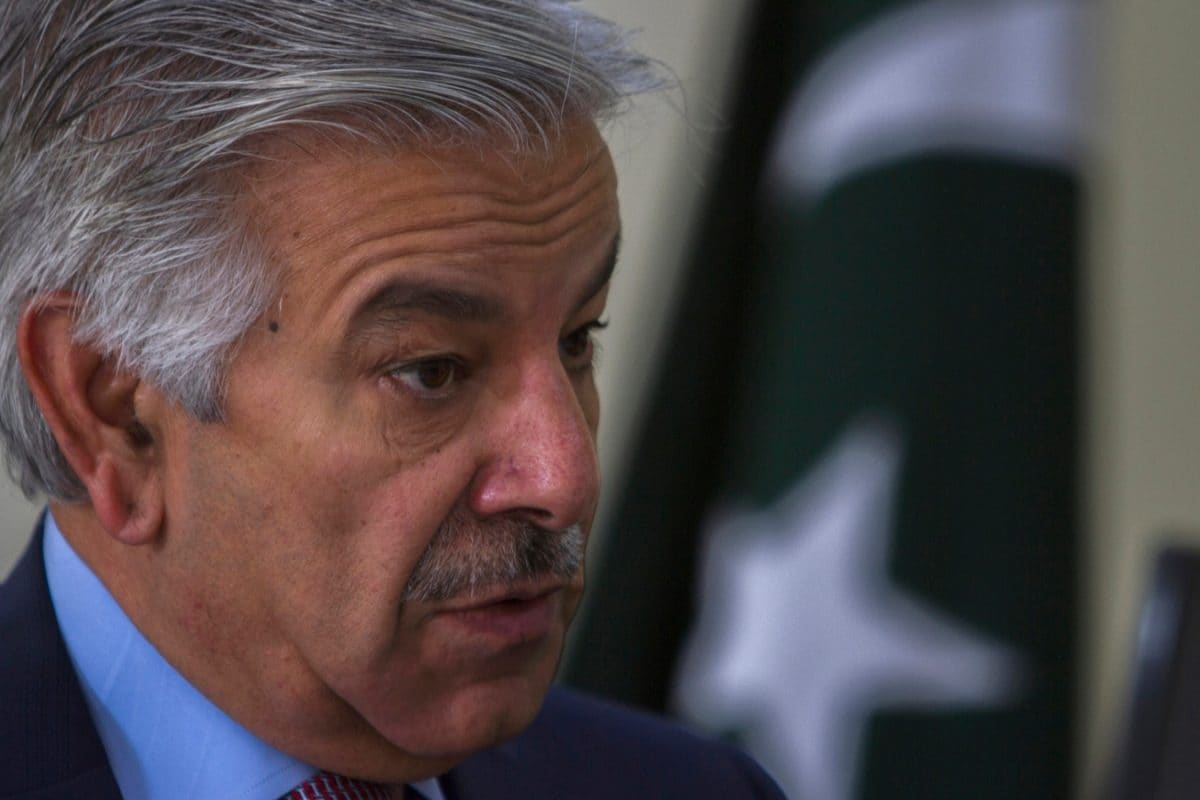

Tensions between India and Pakistan have escalated following a deadly attack on tourists in Indian-administered Kashmir on April 22, 2025. The attack in Pahalgam, which resulted in the deaths of 26 people, has led to a series of warnings and threats from Pakistani officials, raising concerns about a potential military confrontation between the two nuclear-armed neighbors.
In the wake of the attack, Pakistani officials have claimed to have credible intelligence suggesting that India is planning a military strike against Pakistan. Attaullah Tarar, Pakistan's minister for information and broadcasting, stated that any act of aggression would be met with a decisive response, holding India responsible for any serious consequences in the region.
Adding to the heightened rhetoric, Pakistan's Defence Minister Khawaja Muhammad Asif stated that a military incursion by India was "imminent". While Islamabad is on high alert, Asif clarified that Pakistan would only use its nuclear weapons if there is a direct threat to its existence. Hanif Abbasi, another Pakistan minister, openly threatened India with nuclear retaliation, asserting that Pakistan's nuclear arsenal is "only for India".
Further stoking tensions, Pakistan's Ambassador to Russia, Muhammad Khalid Jamali, threatened that Pakistan would use nuclear weapons if India launched a military action. Similarly, Khawaja Asif threatened to target any structure built by India on the Indus River that violates the Indus Waters Treaty (IWT). He stated that any construction on the river would be considered an act of aggression.
These statements have contributed to a climate of fear and uncertainty, with some Pakistani officials suggesting the possibility of an "all-out war". The international community has been urged to intervene and prevent further escalation. Some Pakistani officials have accused India of using the Kashmir attack as a pretext to raise tensions and divert attention from its internal problems. They have also alleged that India is using accusations of terrorism to achieve its strategic objectives.
India has granted its armed forces "complete operational freedom" to respond to the Pahalgam terror attack. While the Indian government has not directly commented on the allegations of a planned military strike, it has promised to punish those behind the attack and those supporting them.
The already strained relationship between India and Pakistan has been further tested by these recent events. The two countries have a long history of conflict, and the current tensions raise the specter of a potentially catastrophic confrontation. The international community remains concerned about the situation and is likely to continue to urge restraint and de-escalation.